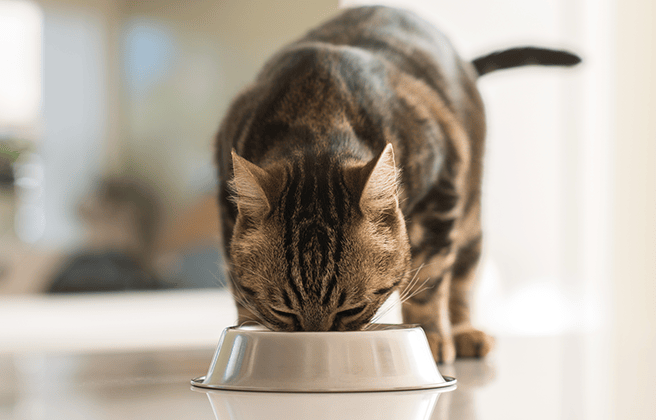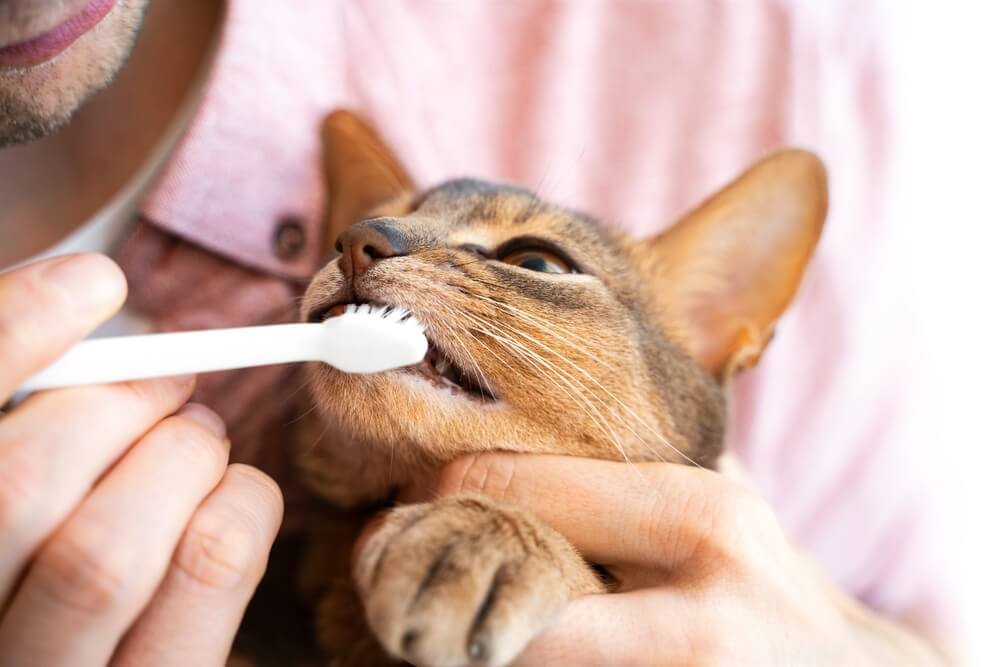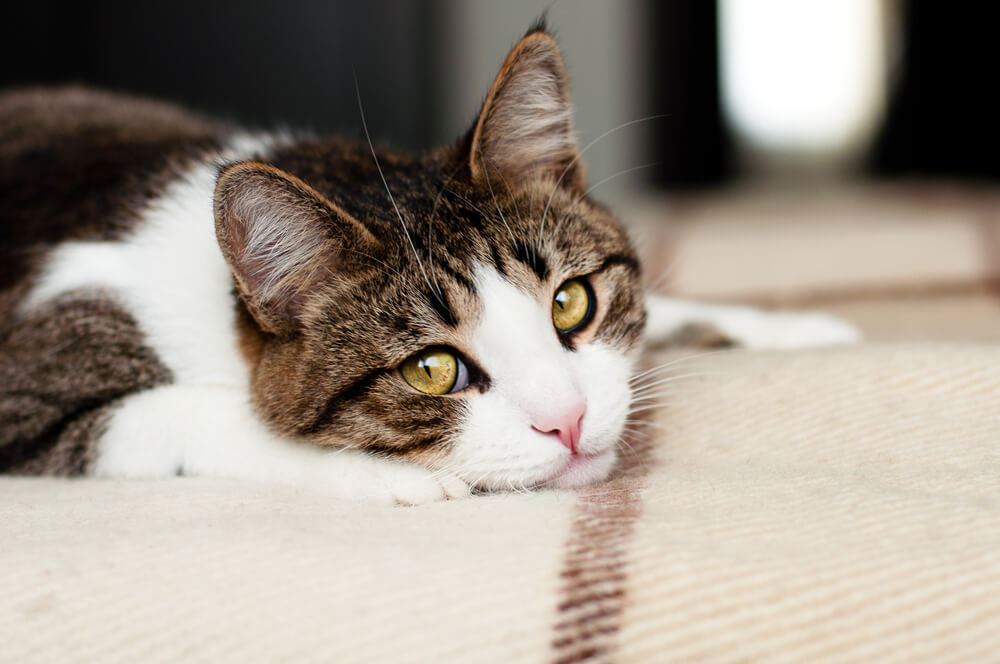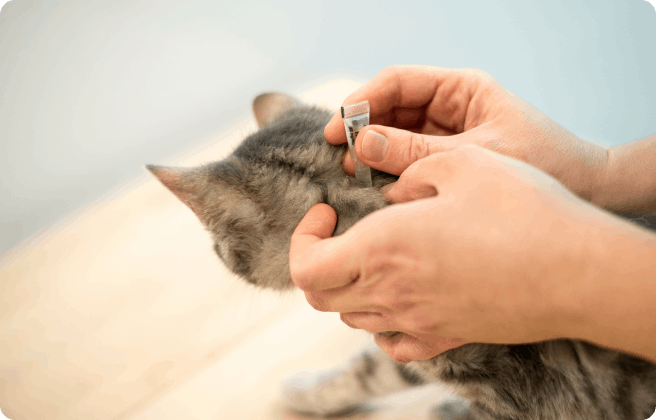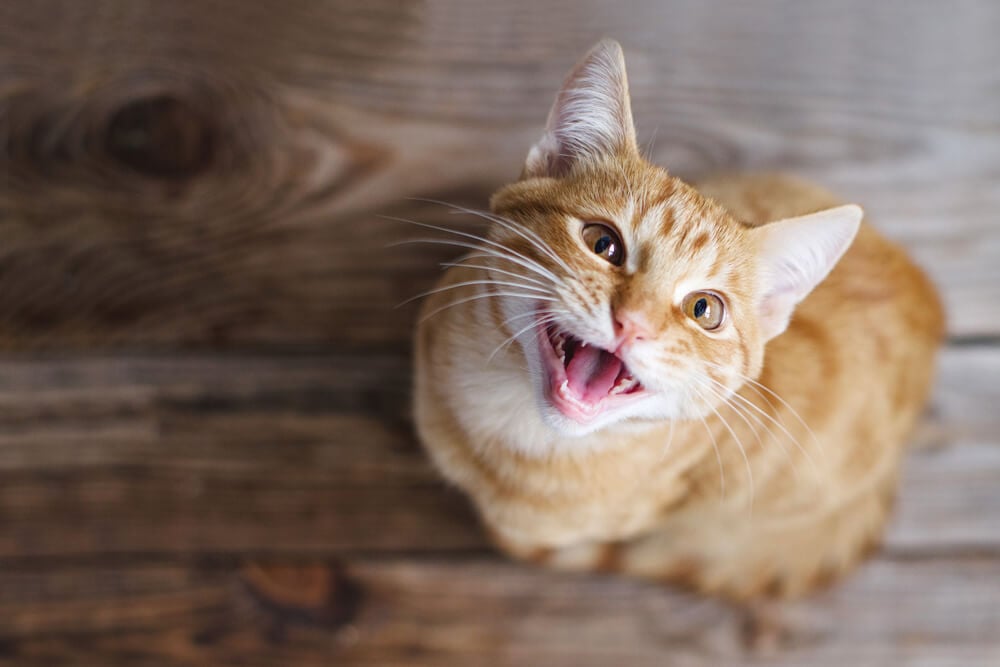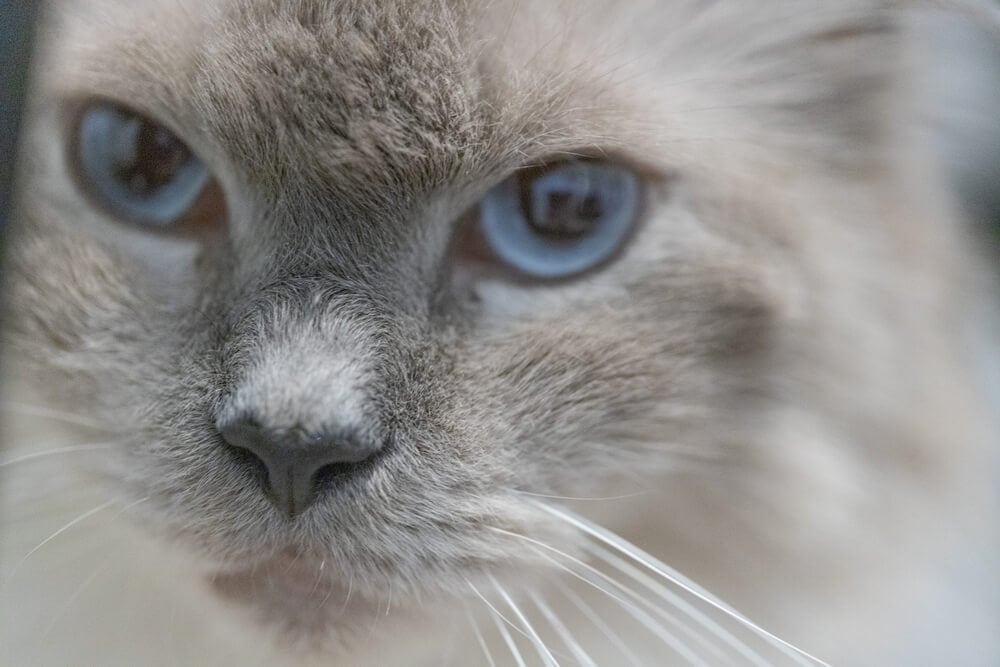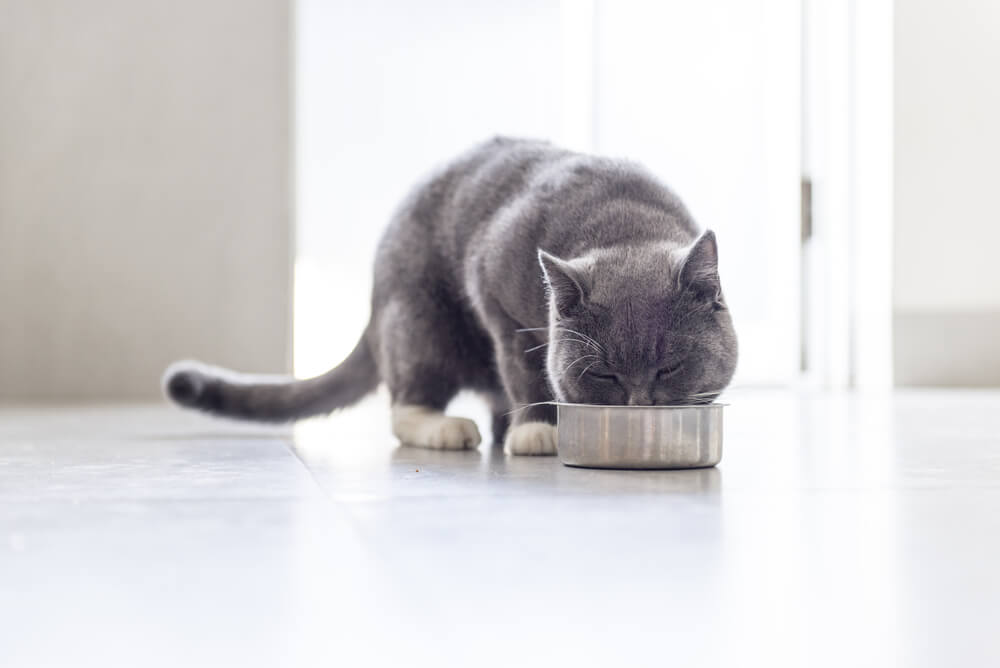
Reports about the health impacts of pesticide use and chemicals in food production can be worrying, whether it’s about the produce we eat as pet parents or the meals we provide our feline companions.
As such, you may be one of the 40% of U.S. citizens who say a proportion of the food they consume is organic1. But what about when it comes to food for your cat?
You might have seen ‘organic’ or ‘natural’ on cat food labels and wondered what that means. Does it mean the same as it does for human food, for example, and is there a difference between the two terms or are they simply interchangeable? And how much healthier are organic or natural cat foods than regular cat food?
As you’ll see, as with human food, there are strict guidelines as to what cat food can and can’t be labeled ‘organic’ or ‘natural’.
What is organic cat food?
The term ‘organic’ has been defined by the U.S. Department of Agriculture (USDA) National Organic Program (NOP) so that producers and consumers alike know that certified organic food has been produced under specific guidelines and to specific standards.
These guidelines apply to both human food and pet food, and concern the way animals are fed, reared and handled, and the way crops are grown.
The NOP ensures that farms and food producers meet the standards required for organic certification, while the USDA enforces these standards by undertaking audits and investigations to ensure the highest standards are maintained.
For organic animal-rearing, this includes feeding the livestock organic feed that contains no synthetic hormones or antibiotics, using feed that’s free from toxic pesticides and preservatives, and the animals must have access to the outdoors.
Organic crops must be grown on land that’s been free from pesticides for three years. They must also follow similar rules to animal-rearing and be grown without using toxic or synthetic pesticides and fertilizers, and processed without using antibiotics, genetically engineered ingredients, hormones, or artificial flavors, preservatives or colors.
In addition, organic cat food must contain no genetically engineered ingredients, and not be grown in a chemical-based fertilizer or irradiated.
Organic cat food can be 100% organic, or partly organic, and the label will tell you how much of the meal is organic: if it’s ‘100% organic’, all ingredients in the cat food must be organic. If it’s ‘organic’, at least 95% of ingredients must be organic. In both of these instances, the product can display the USDA organic seal and certified organic statement.
If the label says ‘Made with organic’, it means a minimum of 70% of ingredients are organic. If this is the case the product cannot display the USDA organic seal.
What is natural cat food?
The Association of American Feed Control Officials (AAFCO) defines ‘natural’ food for pets and animal feed as a food or ingredient that’s derived purely from plant, animal, or mineral sources with no added synthetic ingredients and using no chemically synthetic processes.
The exact definition of natural food the AAFCO uses is:
“…a feed or feed ingredient derived solely from plant, animal, or mined sources in final form, but having been produced by or subject to chemically synthetic process and not containing additives or processing aids that are chemically synthetic except in amounts as might occur in good manufacturing practices.”
In plainer English, this means the food can’t be made using artificial flavors, colors, or preservatives. This includes all ingredients used to make the food, so the contents in their entirety are ‘natural’.
Other additions that are not permitted in natural food include vitamins, trace nutrients, minerals or additives unless a disclaimer is clearly shown on the label listing what’s been added.
As a concerned pet parent, you should also note that just because a cat food is marked as ‘natural’, it doesn’t mean it’s organic.
These guidelines are in place so that you as a pet parent and buyer of pet food know that if it’s labeled organic or natural, the producers have had to follow USDA or AAFCO guidelines regarding the way the animal or crops are reared and grown.
Is organic food better?
There’s no evidence to suggest that organic or natural cat food is better for your feline companion, so when it comes to choosing between organic and natural or non-organic/non-natural, the choice is entirely up to you as a pet parent.
However, by providing your cat with organic or natural pet food you know that you’re feeding your cat food made with controlled ingredients.
What’s more important when choosing food for your cat is ensuring that it will meet their nutritional needs. If you’re unsure, speak to your veterinary surgeon to discuss which food best suits your cat.
If you would like to purchase organic cat food for your cat, a good place to start is with our list of The best organic foods for cats.
We uphold the highest editorial standards when creating the authoritative content pet parents rely on and trust.
Every piece of clinical content on the Cat Food Advisor is reviewed by our certified Veterinary Advisory Board, which consists of licensed veterinarians and medically certified specialists.
Our reviews are completely independent; we are not paid by any pet food company to promote their products favorably. We do not accept money, gifts, samples or other incentives in exchange for special consideration. For more information see our Disclaimer & Disclosure page.




